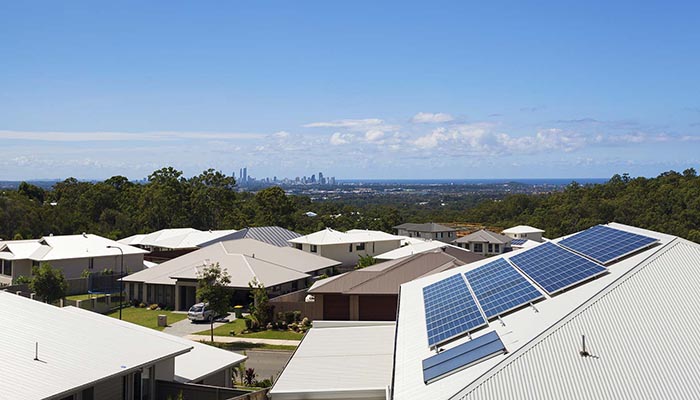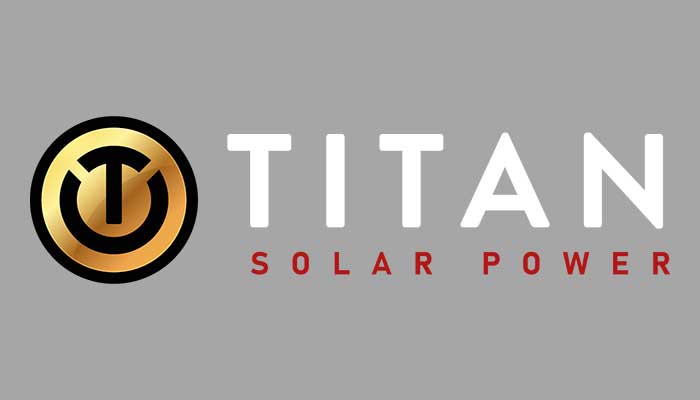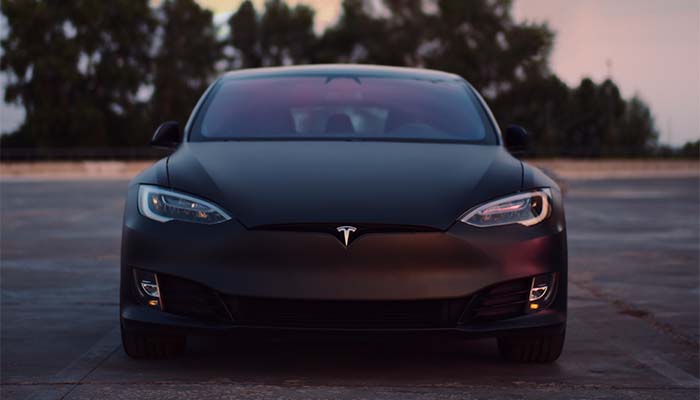
Updated December 22, 2021
Solar power energy use is growing. More and more homes have solar panels on the roofs. Power purchase agreements make the installation and maintenance feasible for homeowners.
A solar power purchase agreement is a long-term electricity supply agreement between a third-party developer and a host customer. The developer installs and owns solar panels on the host customer’s roof. In turn, the host customer agrees to purchase the power generated by the solar panels.
Terms of a Power Purchase Agreement
Generally, a power purchase agreement lasts anywhere from 10 to 25 years. During this time, the developer is responsible for operating and maintaining the solar energy system. Once the agreement reaches the end of the term, there are three options.
- The developer removes the system.
- The host customer chooses to buy the solar energy system.
- The host customer extends the power purchase agreement.
Early Termination
It is important to note that power purchase agreements are legally binding contracts. Choosing to end the agreement prematurely may result in early termination fees. In some instances and under certain conditions, the power purchase agreement may be termed early without penalty.
Benefits to the Host Customer
The benefits to the host customer are considerable and almost immediate once the solar energy system is installed. A significant determining factor for a solar energy system is stability and often low electricity costs.
Reduction in Electricity Costs
One of the primary benefits is the decrease in energy costs. A solar power purchase agreement is either under a fixed escalator plan or a fixed price plan. The fixed escalator plan raises the cost of electricity at a predetermined rate; this rate is usually between 2% and 5%.
As the name implies, the fixed price plan maintains the same price throughout the duration of the power purchase agreement; the rate does not fluctuate. Even more so, the savings are two-fold.
The rates associated with solar energy systems are generally lower than the retail utility rate, another reprieve for the host customer. However, utility retail rates increase over time, and a solar energy system under a power purchase agreement insulates the host customer from these increases.
Little to No Upfront Costs
Some homeowners may wonder about upfront installation costs. However, minimal installation cost is passed on to the host customer, if any at all. The developer is responsible for installing the solar energy panels on the roof, including providing the needed materials.
Risk-Free
Further, there is limited risk for the host customer. The developer is responsible for the system, per the power purchase agreement. The developer will maintain the solar energy system and ensure it operates correctly.
Other maintenance surrounding the system falls on the shoulders of the host customer. For instance, rooftop repairs would still be the host customer’s responsibility. The developer may also require that the host customer trim trees that shade the solar panels. However, these are general home maintenance with or without a solar energy system.
Increase in Property Value
Finally, there is another possible financial benefit for the host customer. The property value may increase. Solar energy systems are linked to increased residential property values. Thus, the system serves as a home investment.
Homeowners should also be aware that increased property value may trigger a less advantageous outcome: higher property taxes. While the next reassessment may lead to a property tax increase, some states have implemented policies to mitigate the tax increase.
Net Metering
While host customers should not anticipate a frequent occurrence, sometimes net metering is available. Net metering happens when the solar panels produce more energy than needed. The unneeded energy is transferred to the utility grid. When this occurs, it negates the host company’s utility bill.
Benefits to the Developer
With so many advantages to the host customer, what is the return for the developer? The developer owns the solar system, not the host customer. Thus, the developer receives incentives such as the federal solar tax credit and SRECs or Solar Renewable Energy Credits. Ten states also offer solar tax credits, ranging from a maximum value of $1,000 to $6,000.
Eligibility
Power purchase agreements are not available everywhere in the U.S. yet. To be eligible, the solar energy system must be within a jurisdiction that allows third-party energy generation equipment ownership. Currently, power purchase agreements are available in 26 states as well as Washington D.C.
Is A Power Purchase Agreement Right For Me?
Power purchase agreements are valuable tools to expand solar energy systems. It helps offset, and at times, completely mitigate the upfront costs and overall maintenance to host customers.
Host customers typically receive cost savings, making it a financially practical solution for electricity.



